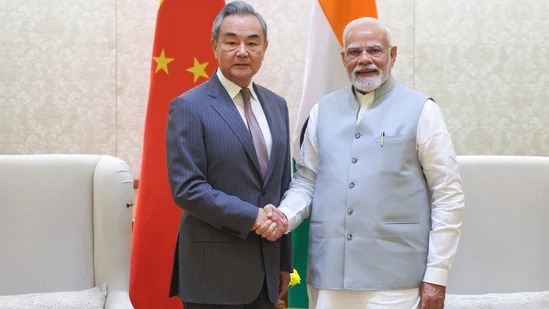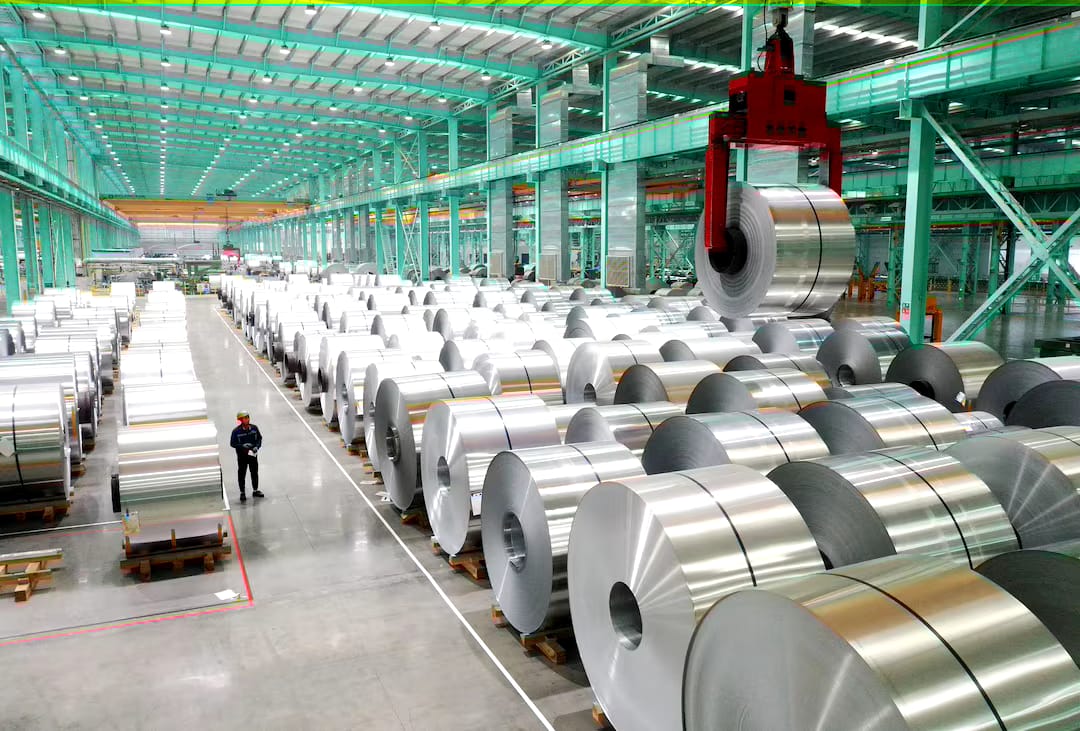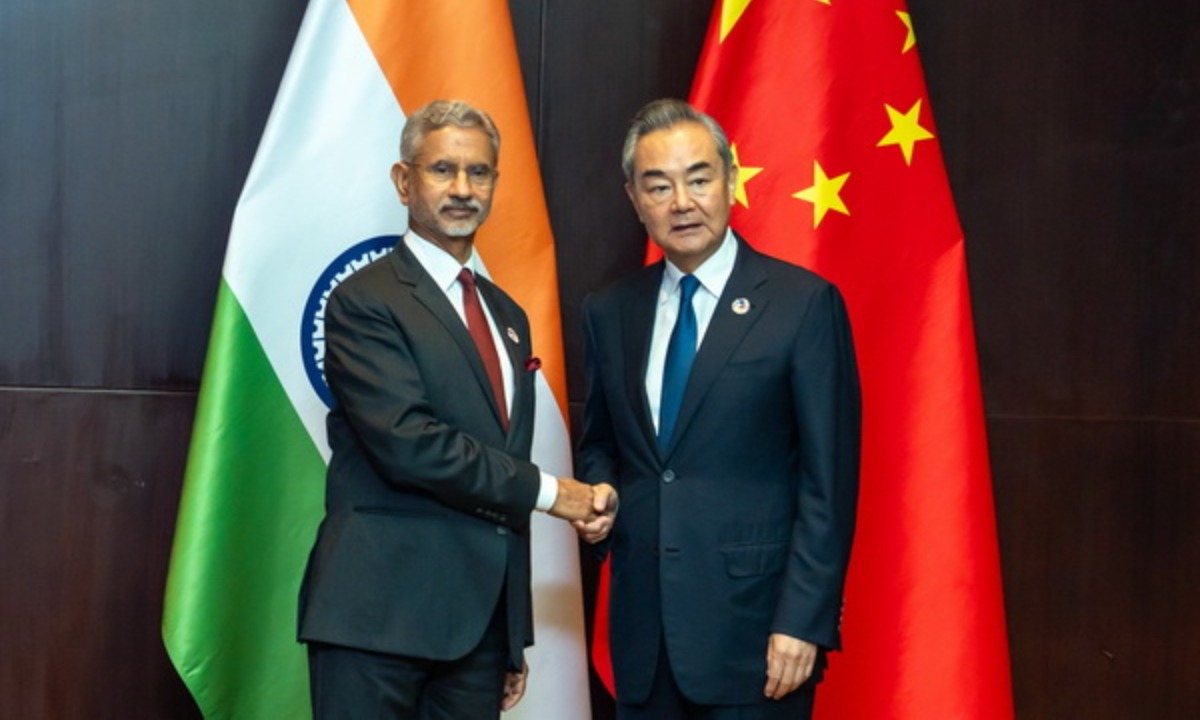
Follow WOWNEWS 24x7 on:

In a high-stakes diplomatic engagement, Prime Minister Narendra Modi met Chinese Foreign Minister Wang Yi at his official residence in New Delhi on August 19, 2025. The meeting, held ahead of the Shanghai Cooperation Organisation (SCO) Summit in Tianjin, marks a significant moment in the evolving relationship between Asia’s two largest powers. With border tensions, trade disruptions, and geopolitical realignments shaping the backdrop, the Modi-Wang Yi dialogue is being seen as a reset moment for India-China ties.
Key highlights from the meeting
1. Prime Minister Modi received Wang Yi at 7 Lok Kalyan Marg, where the Chinese diplomat delivered a personal message and invitation from President Xi Jinping for the upcoming SCO Summit
2. Modi posted on X that India-China relations have made steady progress since his meeting with Xi in Kazan last year, guided by mutual respect and sensitivities
3. The leaders discussed the importance of stable, predictable, and constructive ties to promote regional and global peace
4. Modi confirmed his participation in the SCO Summit in Tianjin, scheduled for August 31 to September 1
Strategic context and timing
- The meeting comes amid renewed efforts to ease tensions following the 2020 Galwan Valley clash and subsequent military standoffs along the Line of Actual Control
- Wang Yi’s visit was part of the 24th round of Special Representatives’ Talks on the boundary issue, co-chaired with National Security Advisor Ajit Doval
- External Affairs Minister S Jaishankar also held bilateral discussions with Wang Yi, covering trade, border management, and cultural exchanges
- The dialogue gains added significance in light of recent US tariff hikes on Indian exports and growing regional instability
Diplomatic signals and mutual assurances
- Modi emphasized the need for peace and tranquillity along the border, reiterating India’s commitment to a fair and mutually acceptable resolution of the boundary question
- Wang Yi conveyed China’s willingness to address India’s concerns on rare earths, fertilisers, and tunnel-boring machinery
- Both sides acknowledged the resumption of the Kailash Mansarovar Yatra as a positive sign of improving ties
- NSA Doval described the talks as substantial, noting new energy and momentum in bilateral relations
Economic and geopolitical implications
- The meeting is expected to pave the way for renewed trade cooperation, especially in sectors affected by supply chain disruptions and tariff barriers
- India’s participation in the SCO Summit under China’s presidency signals a willingness to engage multilaterally despite bilateral frictions
- The dialogue may also influence India’s strategic posture in the Indo-Pacific, particularly in balancing ties with the US, Russia, and China
- Analysts suggest that the thaw could lead to joint initiatives in climate action, infrastructure development, and digital governance
Public messaging and leadership optics
- Modi’s post on X highlighted the constructive tone of the meeting, framing it as a step toward regional peace and prosperity
- Wang Yi’s remarks focused on increasing mutual trust through strategic communication and resolving specific issues along the border
- The optics of the meeting, held at the Prime Minister’s residence, underscore the importance India places on direct and high-level engagement with China
Looking ahead
- Modi’s upcoming visit to Tianjin for the SCO Summit will be closely watched for further developments in India-China relations
- The Special Representatives’ mechanism may be expanded to include economic and technological cooperation tracks
- Both nations are expected to issue joint statements or communiqués during the SCO Summit, outlining shared priorities and future engagements
Sources: Firstpost, India Today, Times of India, Indian Express




